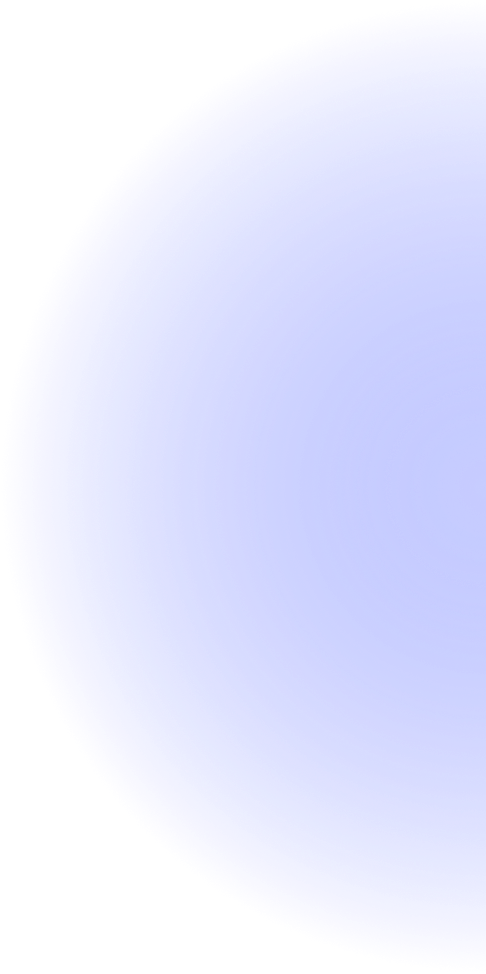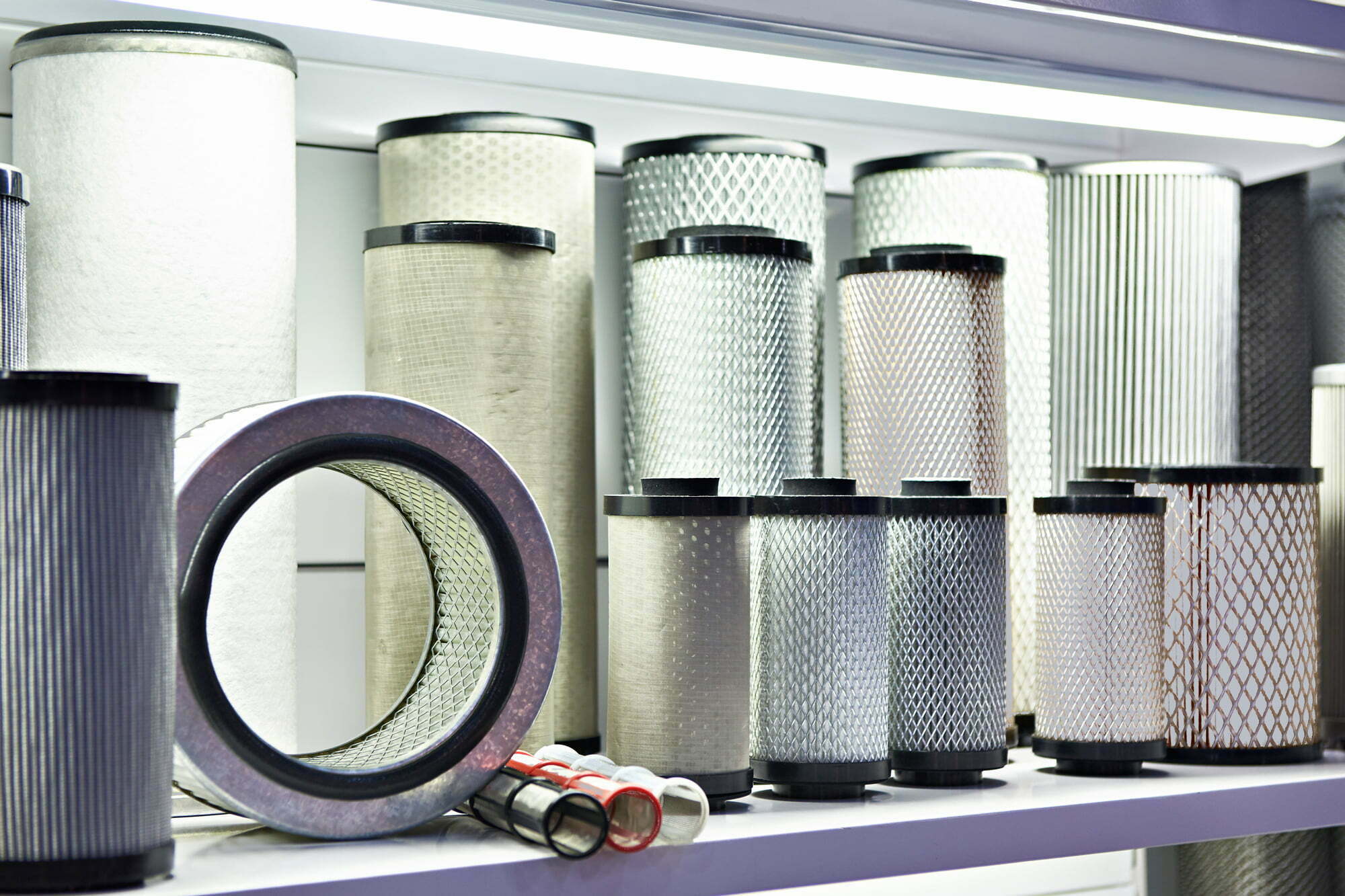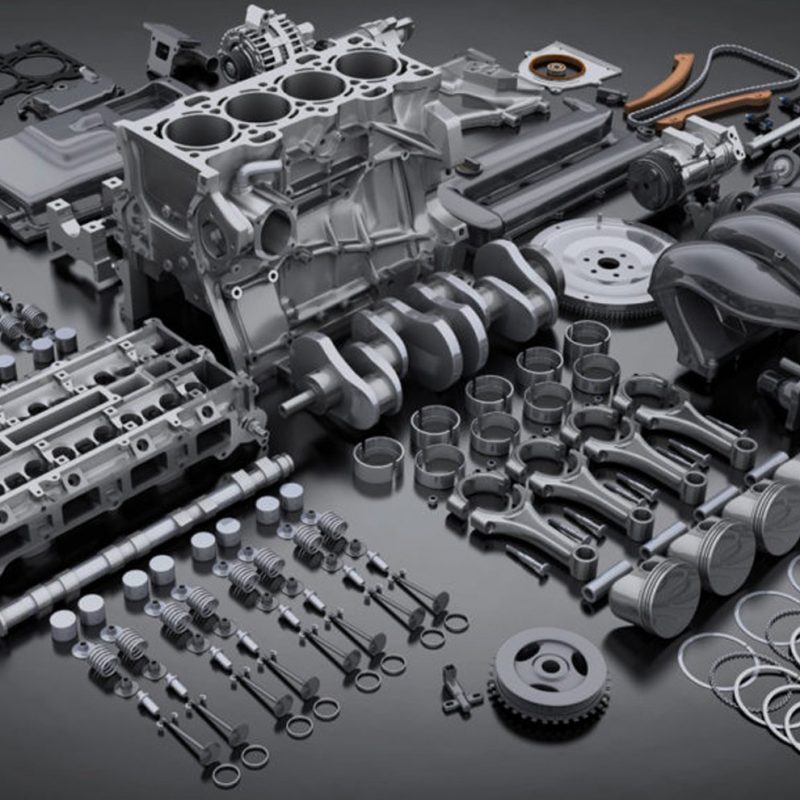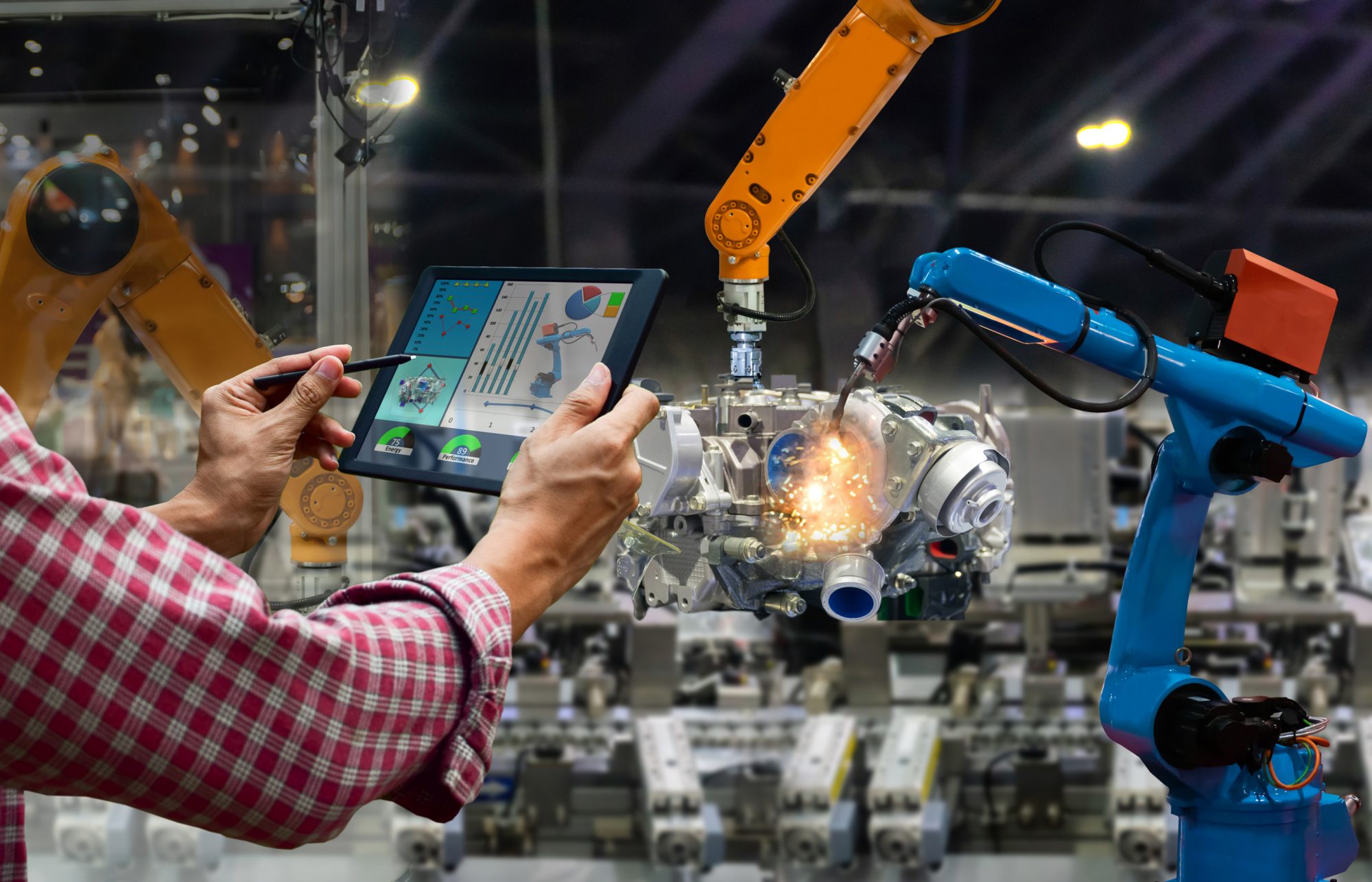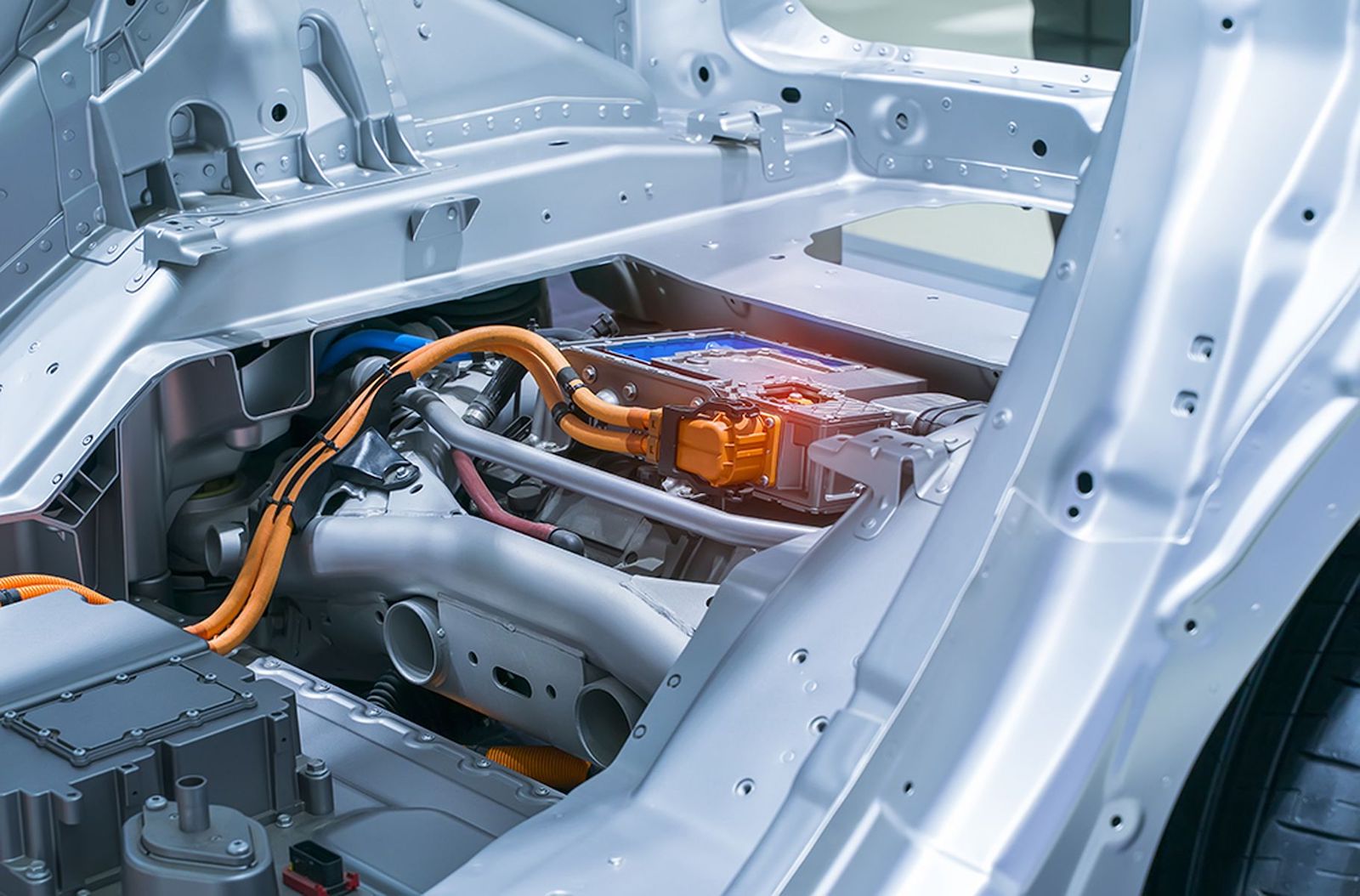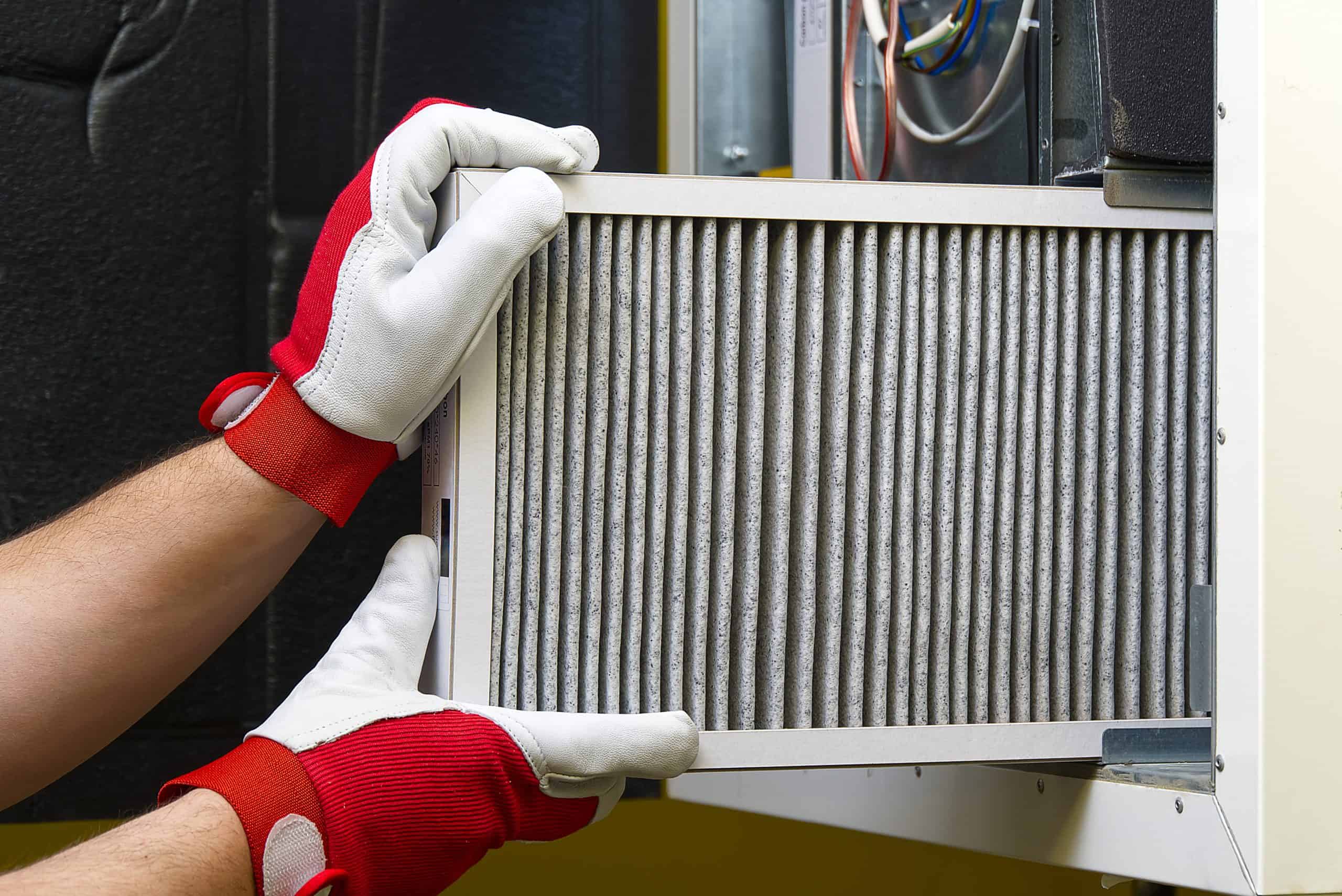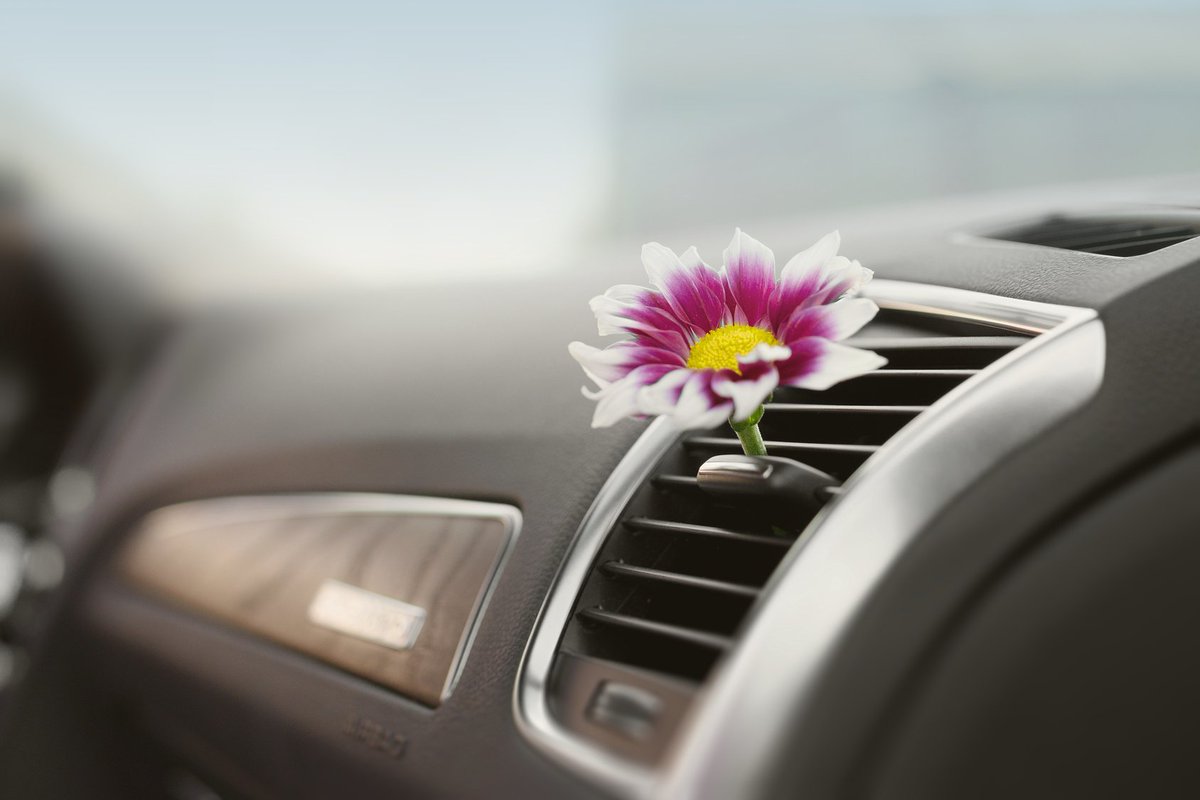Understanding Different Types of Air Filters for HVAC Systems
Understanding Different Types of Air Filters for HVAC Systems
I. Introduction
A. Explanation of the importance of air filters in HVAC systems
Air filters are an essential component of HVAC (heating, ventilation, and air conditioning) systems. They work by trapping and removing contaminants such as dust, pollen, mold spores, and other particles from the air that is circulated through your home or office. This not only improves the air quality inside the building, but it also helps to prolong the life of the HVAC system by preventing the buildup of dirt and debris on the equipment.
B. Overview of the different types of air filters available
There are several different types of air filters available, each with their own unique characteristics and capabilities. The most common types include fiberglass, pleated, HEPA, activated carbon, and electronic air filters. Each of these types of filters has its own strengths and weaknesses, and choosing the right one for your HVAC system depends on your specific needs and preferences. In this blog post, we will take a closer look at each of these types of air filters, and help you understand their pros and cons, maintenance requirements, and replacement recommendations.
II. Fiberglass Air Filters
A. Description of fiberglass air filters
Fiberglass air filters are one of the most basic and economical types of air filters available. They are made from spun fiberglass fibers that are bound together with a resin or adhesive. They are designed to trap large particles such as dust, lint, and pet hair, but they are not as effective at trapping smaller particles like mold spores and bacteria. They are also not as durable as some other types of air filters.
B. Pros and cons of fiberglass air filters
Fiberglass air filters have a few key advantages. They are relatively inexpensive, easy to find, and easy to replace. They also do not produce any ozone emissions, unlike some other types of air filters. However, they are not as effective at removing small particles, and they do not last as long as some other types of filters. They also need to be replaced more frequently than some other types of filters.
C. Maintenance and replacement recommendations
Fiberglass air filters should be inspected and replaced every 30 days or as needed. It’s recommended to check the filter monthly and replace it when it appears dirty or clogged. It’s also important to note that fiberglass air filters are not washable, so when it’s time for replacement, you should dispose of the old filter and install a new one.
III. Pleated Air Filters
A. Description of pleated air filters
Pleated air filters are a step up from fiberglass air filters in terms of effectiveness and efficiency. They are made of a folded media that is pleated to increase the filter’s surface area. This increased surface area allows them to capture smaller particles such as mold spores, dust mites, and pet dander. They also have a higher MERV (Minimum Efficiency Reporting Value) rating than fiberglass filters, which means they are more effective at trapping small particles.
B. Pros and cons of pleated air filters
Pleated air filters have several advantages. They are more effective at trapping small particles than fiberglass filters, and they also have a higher MERV rating. They also last longer than fiberglass filters, and typically need to be replaced every 90 days. However, they are more expensive than fiberglass filters, and they can also be more difficult to find in some areas.
C. Maintenance and replacement recommendations
Pleated air filters should be checked and replaced every 90 days or as needed. It’s recommended to check the filter every 3 months and replace it when it appears dirty or clogged. Pleated air filters are not washable, so when it’s time for replacement, you should dispose of the old filter and install a new one. It’s also important to make sure you’re using the right size filter for your HVAC unit to ensure proper fit and function.
IV. HEPA Air Filters
A. Description of HEPA air filters
HEPA air filters, or High-Efficiency Particulate Air filters, are considered the gold standard in air filtration. They are designed to trap particles as small as 0.3 microns, including mold spores, bacteria, and even some viruses. They are made of a fine mesh material and are able to capture a high percentage of particles passing through the filter. HEPA filters are commonly used in medical settings, clean rooms, and other critical environments where air quality is of paramount importance.
B. Pros and cons of HEPA air filters
HEPA filters have several advantages. They are extremely effective at trapping small particles, including allergens, bacteria, and viruses. They also have a very high MERV rating, which means they are highly efficient at capturing particles. However, they are also more expensive than other types of filters, and they can be more difficult to find. They also require more power to run, which can increase energy costs.
C. Maintenance and replacement recommendations
HEPA filters should be checked and replaced every 12-18 months or as needed. It’s recommended to check the filter every year and replace it when it appears dirty or clogged. HEPA filters are not washable, so when it’s time for replacement, you should dispose of the old filter and install a new one. It’s also important to make sure you’re using the right size filter for your HVAC unit to ensure proper fit and function. Additionally, HEPA filters can be quite heavy, so it’s important to ensure that your HVAC unit is properly rated to accommodate the weight.
V. Activated Carbon Air Filters
A. Description of activated carbon air filters
Activated carbon air filters, also known as activated charcoal air filters, are designed to remove odors and chemical pollutants from the air. They work by adsorbing (not absorbing) these pollutants onto the surface of the carbon. This process removes the pollutants from the air, leaving it fresher and cleaner smelling. Activated carbon air filters are often used in homes with pets, smokers, or in areas with high levels of chemical pollutants such as those near industrial plants.
B. Pros and cons of activated carbon air filters
Activated carbon air filters have several advantages. They are highly effective at removing odors and chemical pollutants from the air. They also have a long lifespan and typically need to be replaced every 12-18 months. However, they are more expensive than other types of filters, and they are not as effective at trapping small particles such as dust and mold spores.
C. Maintenance and replacement recommendations
Activated carbon air filters should be checked and replaced every 12-18 months or as needed. It’s recommended to check the filter every year and replace it when it appears dirty or clogged. Activated carbon filters are not washable, so when it’s time for replacement, you should dispose of the old filter and install a new one. It’s also important to make sure you’re using the right size filter for your HVAC unit to ensure proper fit and function. Additionally, you should make sure that the filter you choose is specifically designed to remove the type of pollutants you’re trying to eliminate.
VI. Electronic Air Filters
A. Description of electronic air filters
Electronic air filters, also known as electrostatic air filters, use an electric charge to attract and trap particles in the air. They consist of a series of metal plates or grids that are charged with an electric current. As air passes through the filter, particles are attracted to the charged plates and trapped. These filters are highly effective at trapping small particles such as dust, pollen, and pet dander, and they can capture particles as small as 0.1 microns.
B. Pros and cons of electronic air filters
Electronic air filters have several advantages. They are highly effective at trapping small particles, including allergens, and they have a very high MERV rating. They also have a relatively long lifespan and typically need to be replaced every 1-2 years. However, they are more expensive than other types of filters, and they can be more difficult to find. They also require more power to run, which can increase energy costs.
C. Maintenance and replacement recommendations
Electronic air filters should be checked and replaced every 1-2 years or as needed. It’s recommended to check the filter every year and replace it when it appears dirty or clogged. Electronic air filters are not washable, so when it’s time for replacement, you should dispose of the old filter and install a new one. It’s also important to make sure you’re using the right size filter for your HVAC unit to ensure proper fit and function. Additionally, you should make sure that the filter you choose is specifically designed to remove the type of pollutants you’re trying to eliminate.
VII. Conclusion
A. Summary of the different types of air filters
In this blog post, we have discussed the various types of air filters available for HVAC systems, including fiberglass, pleated, HEPA, activated carbon, and electronic air filters. Each of these types of filters has its own unique characteristics and capabilities, and it’s important to choose the right one for your specific needs and preferences.
B. Recommendations for choosing the right air filter for your HVAC system
When choosing an air filter for your HVAC system, it’s important to consider factors such as the size and type of your HVAC unit, the level of air pollution in your area, and any specific concerns you may have about indoor air quality. For example, if you’re looking to improve the air quality in your home, a HEPA or pleated air filter would be a good choice. If you’re concerned about odors and chemical pollutants, an activated carbon air filter would be a better option.
C. Final thoughts and next steps
In conclusion, air filters are an essential component of HVAC systems and play a crucial role in maintaining indoor air quality. By understanding the different types of air filters available and the pros and cons of each, you can make an informed decision about which type of filter is best for your home or office. Remember to check your filter regularly and replace it as needed to ensure that your HVAC system is running at peak performance.
